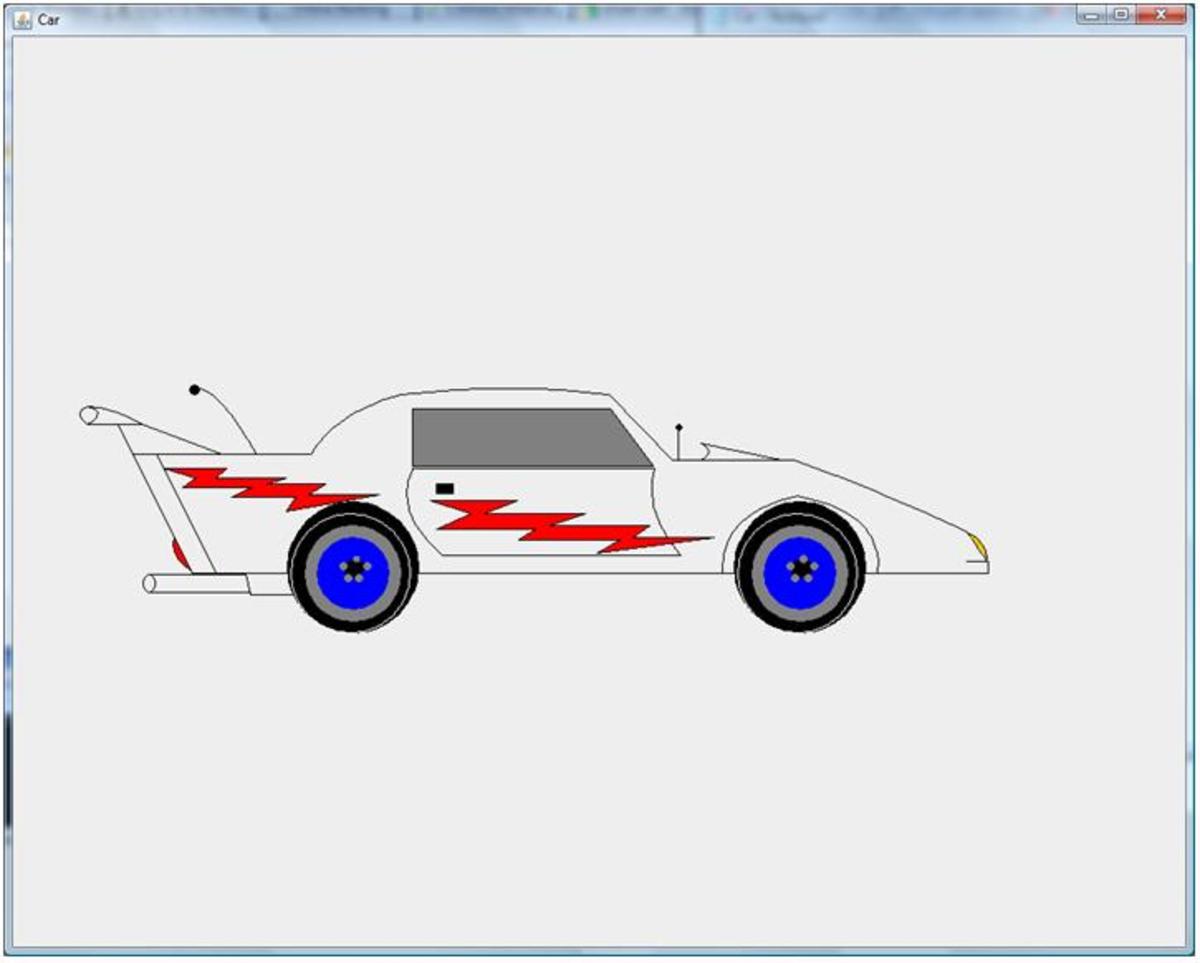- HubPages»
- Technology»
- Computers & Software»
- Computer Science & Programming
Using Global Variables in CPP
Introduction
This tutorial demonstrates techniques for manipulating global variables in C plus plus (C++). We discuss declaration, initialization, and external references. We also discuss potential pitfalls of using global variables in CPP programs.
Definition of Terms
A block of code is defined as any executable code that is enclosed in a left curly brace, {, and a right curly brace, }.Typical uses for code blocks include function/method bodies, if/else constructs and looping constructs.
A global variable in a C Plus Plus (C++) program is declared outside of all code blocks. This type of variable is visible to other modules in the same project. Typically a global variable declaration will appear near the top of a module just above the first function/method body.It is syntactically correct, however, to sprinkle global variable declarations throughout a module between function/method bodies.This is not a common practice by any means and we do not endorse such programming style under any circumstances.
Scope is the range in a program in which a variable is recognized by the compiler. Lifetime is the range in a program that a variable retains its' value during program execution. Note that scope is a compile-time issue and lifetime is an execution-time issue.
A static global variable is declared in the same location as a non-static global variable, but the declaration includes the keyword static. Static global variables are visible in the module in which they are declared, but not to any other modules in the project. Therefore, applying the static keyword limits the scope of the variable significantly.
Historical Context and Caveats
The original purpose of a global variable was to facilitate data
sharing between modules in a multi-module CPP (C++) project. Given that
CPP evolved from C, this data sharing technique might make sense in a
historical context, but many modern coding standards prohibit or limit
the use of global variables due to the problems that may be introduced. Allowing a variable to be visible to external modules can be fraught with programming danger. Even allowing a variable to be visible to an entire module (a static global) can be dicey.
Sample Code
Below is a set of modules that demonstrate basic techniques for manipulating global variables.
Declaring global variables
// module01.cpp
// Sample Code - our global variable is declared here
#include <iostream>
int intMyGlobal; // A global variable
static int intmyStaticGlobal; // A static global variable
void main()
{
// Both global variables are visible here.
...
}
void Gorp()
{
// Both global variables are also visible here.
...
}Accessing the global variable
// module02.cpp
// Accessing the global variable declared in the previous module
#include <iostream>
extern int intMyGlobal; // Note the extern keyword
void foo()
{
// The external variable is visible here.
// The variable will be resolved at link time
// by the linker program.
intMyGlobal = 42;
}An example of an improper application of a static global variable
In module03.cpp, below, we demonstrate an improper application of a global variable. Module03 will compile properly, but the reference to the global variable cannot be resolved. At the link step of the build process, an error will be detected. The project will not build. The problem arises from the attempt to reference a global variable that was declared in Module01.cpp with the static keyword. The application of this keyword limits the scope of the global variable to the module in which it's declared.
An improper use of the static global variable
// module03.cpp
// This is an incorrect attempt to access
// the static global variable declared in the previous module.
// THIS MODULE WILL COMPILE
// BUT THE LINK STEP WILL FAIL.
#include <iostream>
extern int intMyStaticGlobal; // Note the extern keyword
void foo()
{
// The external variable is visible here.
// The variable will be resolved at link time
// by the linker program.
intMyStaticGlobal= 42;
}Conclusion
We have demonstrated basic techniques for declaring and referencing global variables, both static and non-static. We have also demonstrated improper techniques for referencing static global variables from modules that do not have access to such variables..








